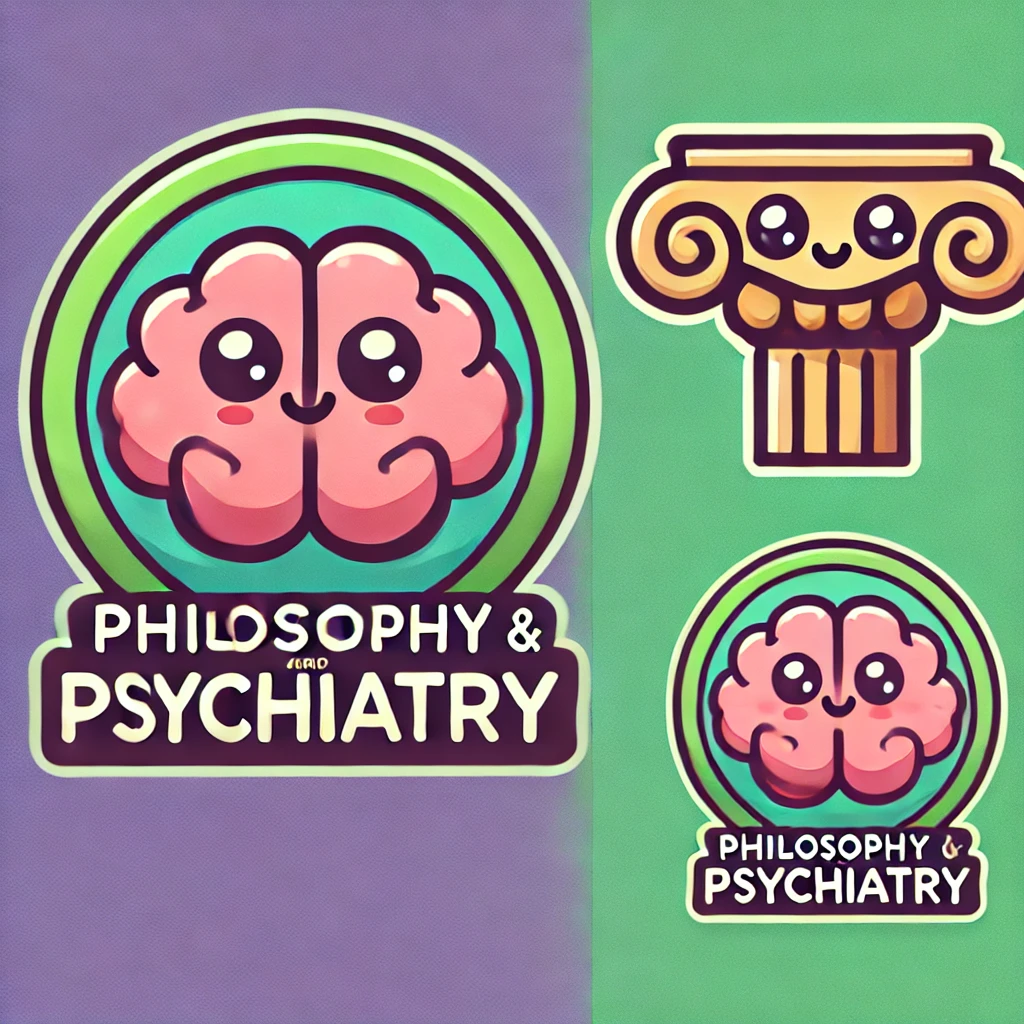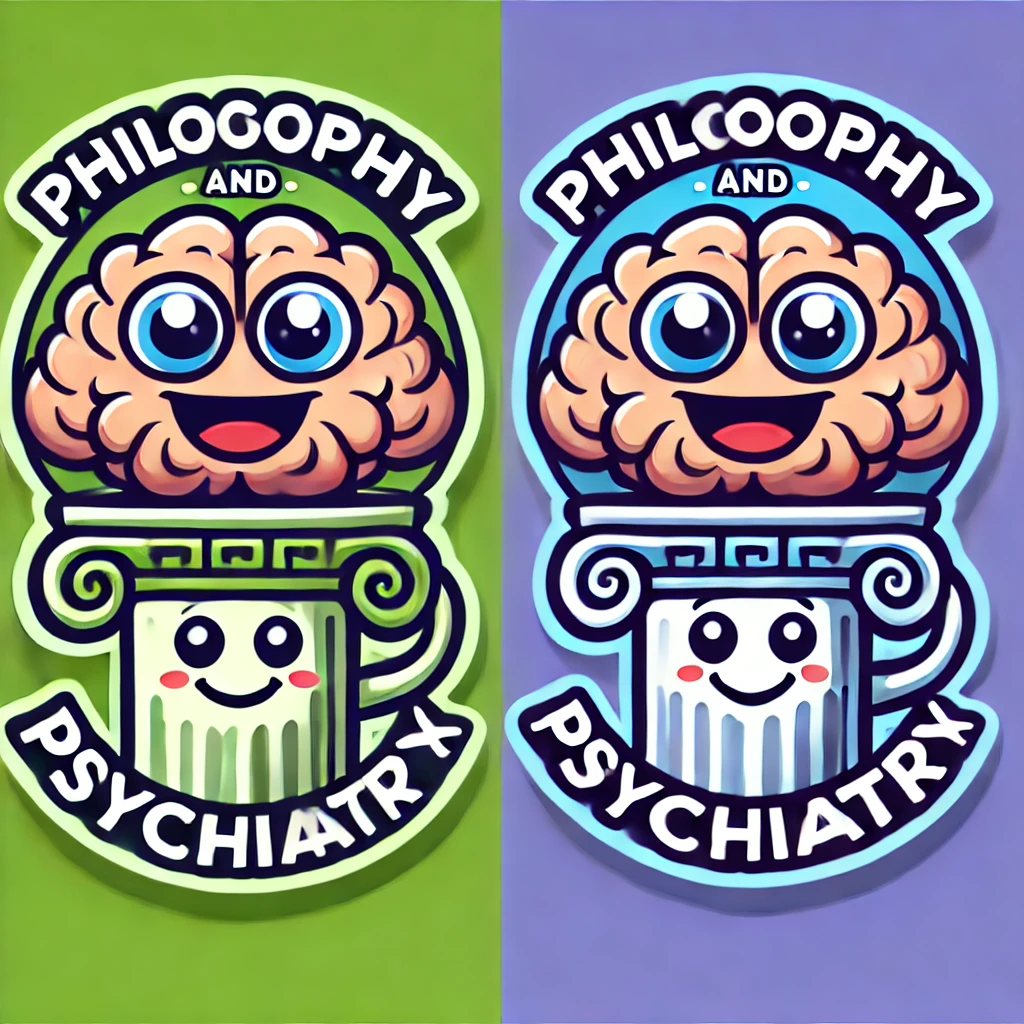The philosophy of psychiatry is a growing interdisciplinary field that explores how philosophical thinking can clarify, critique, and enrich psychiatric theory and mental health practice. But where did this movement begin?
To understand the rise of the philosophy of psychiatry, we need to look back to a pivotal moment in 1989 when a small group of clinicians and philosophers changed the course of mental health scholarship.

A Rejection That Sparked a Movement
In 1989, a proposal for a symposium on philosophical issues in psychiatry was submitted to the American Psychiatric Association (APA). It was rejected. At a time when psychiatry was increasingly dominated by biological and technical approaches, there seemed to be little room for philosophical reflection on the nature of mental illness, personhood, or diagnosis.
Rather than accept this rejection, four forward-thinking professionals took action. Dr. Michael A. Schwartz, Dr. Edwin R. Wallace IV, Dr. Osborne P. Wiggins, and Dr. John Z. Sadler organized their own independent meeting in San Francisco to coincide with the APA’s annual convention.
That meeting marked the unofficial beginning of what would become the Association for the Advancement of Philosophy and Psychiatry (AAPP).
Read: How Philosophy Helps Us Understand Schizophrenia
The Founding of the AAPP
The founding members realized that psychiatry, like all fields that deal with the human mind and behavior, is inherently philosophical. They created the AAPP to promote academic collaboration, graduate training, and critical dialogue across psychiatry, psychology, and philosophy.
From its first official structure in 1991, AAPP aimed to:
- Explore the conceptual foundations of psychiatric theory
- Clarify diagnostic models and psychiatric classification
- Examine the ethical dimensions of clinical practice
- Encourage interdisciplinary research and education
Through its conferences, the publication of the Philosophy, Psychiatry, & Psychology journal, and the open exchange of ideas, the AAPP became the intellectual home of the philosophy of psychiatry movement in North America.

Read: The Best Mental Health Marketing Agencies in 2026
Shaping the Field of Psychiatric Theory
By the mid-1990s, the AAPP and its international collaborators had helped shape a new academic field. Their work addressed critical questions:
- What does it mean to have a mental disorder?
- How should we define psychiatric illness?
- Can neuroscience fully explain subjective experience?
- How do values influence diagnosis and treatment?
Philosophy gave psychiatrists tools to ask better questions. Psychiatry gave philosophers real-world data about the complexities of human thought and suffering.
Together, they formed a rich dialogue that continues to challenge and evolve mental health care.
Why It Matters Today
In an age of rapid innovation in neuroscience, artificial intelligence, and digital therapy, the philosophy of psychiatry is more important than ever. As mental health systems expand, the need for reflection on meaning, ethics, and identity grows with it.
This movement reminds us that psychiatric theory is not just about science — it’s also about people.
Read more articles on the history and future of mental health
Join the Conversation
Explore how critical thinking and interdisciplinary reflection can reshape the way we understand and treat mental illness. At PhilosophyAndPsychiatry.org, we continue to honor the legacy of the movement and share insights that inspire new thinking.
Related Topics:
- History of psychiatry
- Psychiatric theory
- Interdisciplinary mental health
- AAPP legacy
Go To PhilosophyAndPsychiatry
